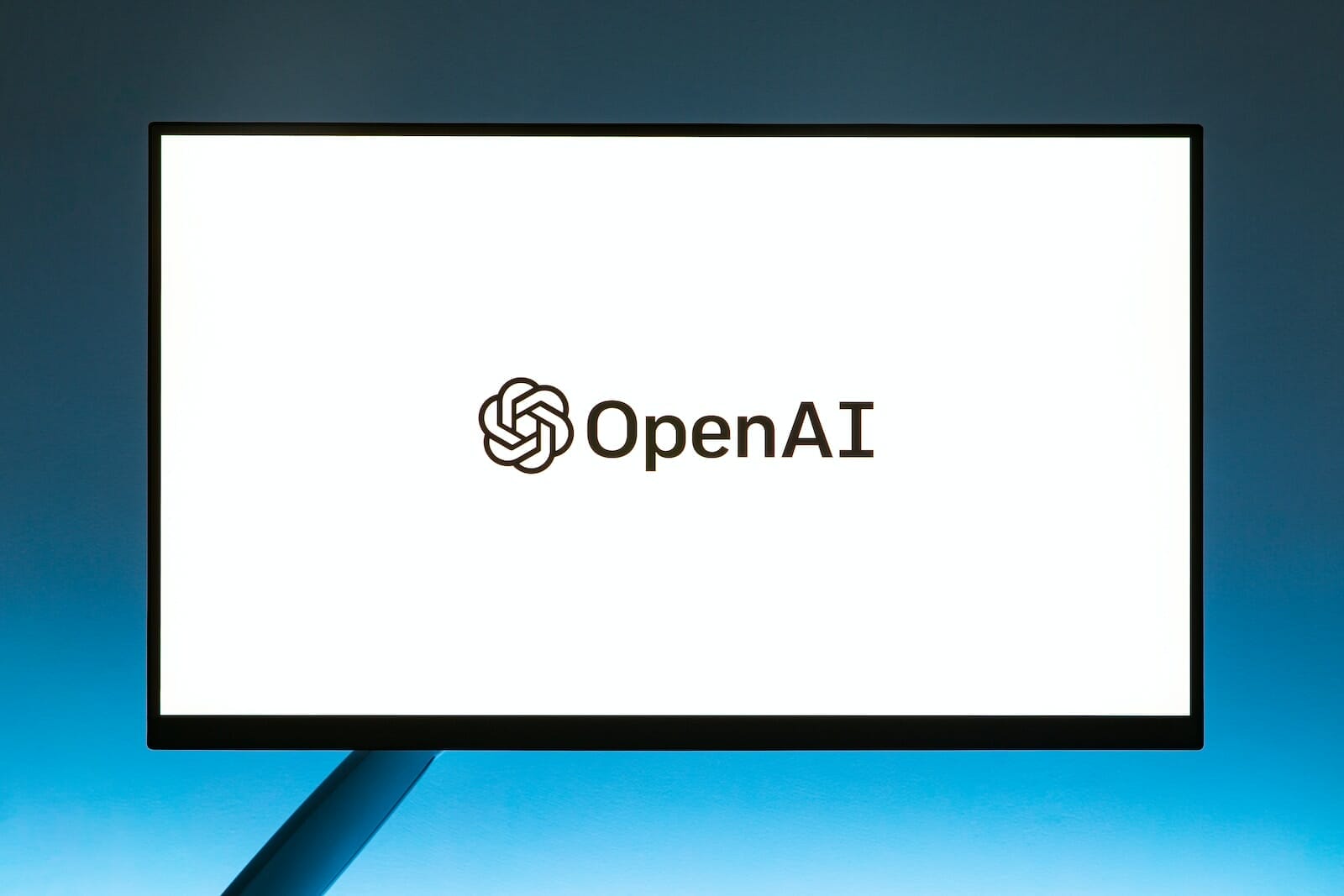Introduction
A recent incident has led to lawyers being sanctioned by a New York federal judge for submitting a legal brief filled with fabricated court opinions and quotes. The lawyers relied on an artificial intelligence tool, ChatGPT, to generate the brief on their behalf.
The Unfolding Story
The opposing side discovered the inclusion of fake cases in the submitted brief and promptly alerted the court. It was revealed that the attorneys not only neglected their responsibilities but also defended the legitimacy of the fake opinions even after they were questioned by judicial orders.
Condemnation by the Judge
The judge condemned the attorneys’ negligence and lack of integrity in submitting an AI-written brief. As a result, fines of $5,000 each were imposed on both the lawyers and their law firm. They were also instructed to inform falsely identified judges about the court’s decision.
Apology Responsibility
Instead of demanding a forced apology, the judge left it up to the attorneys themselves to apologize voluntarily. Additionally, it is important to note that the judge granted dismissal of the lawsuit filed on behalf of an individual claiming injury during a flight.
Why Relying on AI Content?
Speculation suggests that time pressure may have driven the attorneys to resort to AI-generated content without verifying its accuracy. However, this incident highlights the importance of due diligence and independent verification in legal research and drafting.
Responsibilities of Attorneys
Attorneys can seek assistance from various sources, including junior lawyers, law students, legal encyclopedias, and databases like Westlaw and Alexis Nexus. While using reliable AI tools for support is not inherently wrong, attorneys must ensure accuracy and legitimacy when presenting content to the court.
Role as Gatekeepers
Attorneys play a crucial role as gatekeepers in maintaining integrity within the legal system. Failure to adhere to rules and regulations can result in severe consequences, such as sanctions and financial penalties.
Significance of a Signature
A signature on a legal document signifies certification of several important factors. It confirms that the signer has read the document, that it is filed for proper purposes, and that the content is well grounded in fact and law based on reasonable inquiry.
Violation of Court Rules
Including fake case citations in a document violates court rules, as it goes against the required reasonable inquiry. Attorneys need to recognize the limitations of AI tools like ChatGPT and take responsibility for the accuracy and authenticity of their court submissions.
Caution with AI Tools
While technology advancements are common, legal professionals must exercise caution and uphold ethical obligations when using AI tools. This incident serves as a wake-up call, reminding the legal community to approach AI-generated content with diligence and maintain high professional standards.
Conclusion
The incident involving lawyers citing fake cases sanctioned by the court raises important questions about AI use in legal practice. It emphasizes the need for attorneys to exercise caution, verify AI-generated content’s accuracy, and fulfill their responsibilities as gatekeepers of the legal system.












